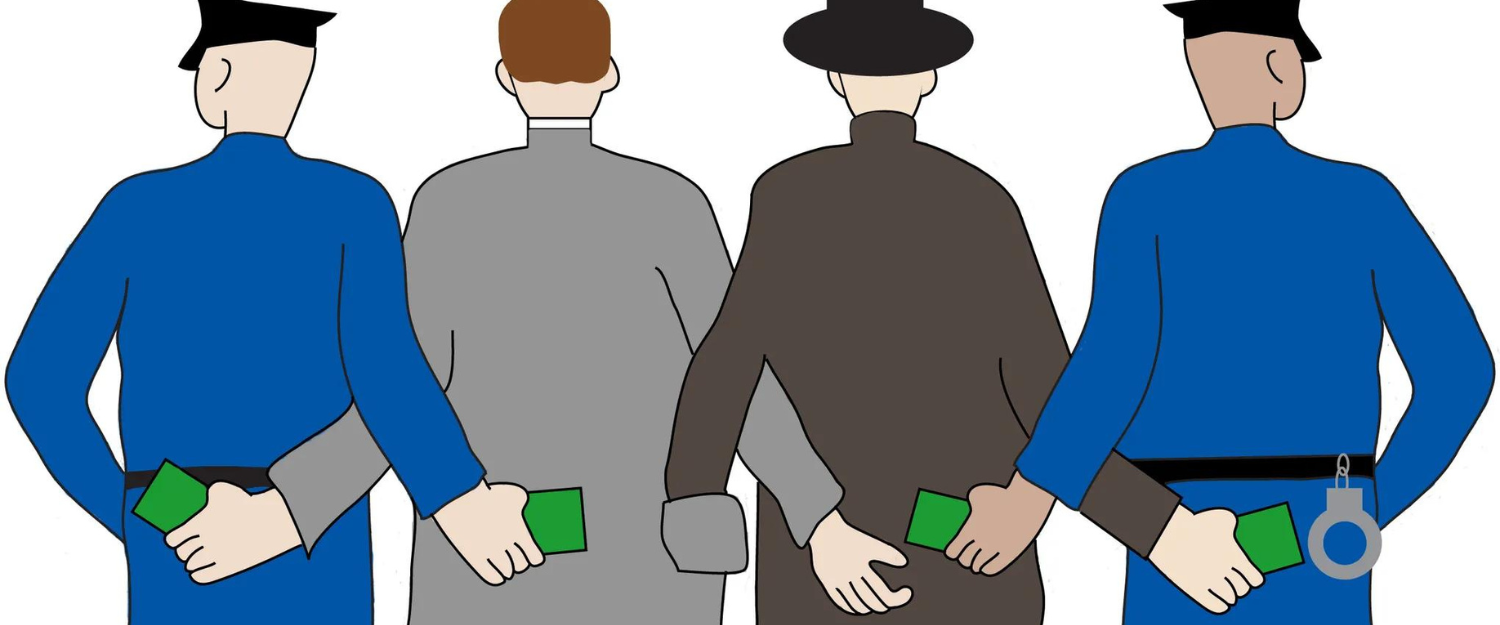Congress Passes Measure to Ban TikTok: Which U.S. States are Most AffectedCongress Passes Measure to Ban TikTok
2 May 2024, England, Allen White – Following years of contention surrounding the Chinese-owned app TikTok, Congress has recently passed a measure to ban the popular video-sharing platform. This decision has sparked concern among users across the U.S. raising questions about its impact on millions of TikTok users nationwide.
While the ban’s implications are far-reaching, a survey by MattressNextDay has revealed the states most addicted to TikTok – revealing who could be most affected by the ban across the nation.
States with Highest TikTok Usage:
- California: 12.53 hours per week
- Illinois: 12 hours per week
- Georgia: 11.97 hours per week
- Colorado: 11.75 hours per week
- New York: 11.37 hours per week
- Ohio: 10.61 hours per week
The release also spoke to industry experts such as Dr. Deborah Lee and Kenny Metham offering valuable perspectives on the challenges posed by social media addiction and practical tips for maintaining a healthy sleep routine.
Congress Passes Measure to Ban TikTok: Which U.S. States are Most Affected
Following years of contention surrounding the Chinese-owned app TikTok, Congress has passed a measure to ban the popular video-sharing platform, sparking concern among users across the US.
The decision comes after numerous attempts to address security and privacy concerns associated with TikTok, including former President Donald Trump’s efforts to ban the app entirely. With the impending ban, questions arise about its impact on millions of TikTok users across the United States, but which US states are using the app the most? And who could be most affected by this ban?
| States | TikTok usage per week (Hours) |
| California | 12.53 |
| Illinois | 12 |
| Georgia | 11.97 |
| Colorado | 11.75 |
| New York | 11.37 |
| Ohio | 10.61 |
| Florida | 10.54 |
| US average | 10.5 |
| Arizona | 10.3 |
| New Jersey | 9.51 |
| North Carolina | 9.51 |
| Indiana | 9.33 |
| Tennessee | 9.26 |
| Texas | 9.12 |
| Washington | 8.53 |
| Virginia | 8.49 |
| Pennsylvania | 7.77 |
| Michigan | 7.45 |
According to a survey by MattressNextDay on the apps that could be affecting Americans’ sleep schedules, new data on TikTok usage and addiction across several U.S. states have shown notably high levels of engagement with the platform.
California leads the pack with users spending an average of 12.53 hours per week on TikTok, followed closely by Illinois (12 hours) and Georgia (11.97 hours). Other states with significant TikTok usage include Colorado, New York, and Ohio.
The ban’s timeline indicates that it could be at least a year before enforcement takes effect, with the potential for further delays due to anticipated court challenges. This uncertainty leaves both TikTok users and lawmakers questioning the future of the platform and its place in the social media landscape.
The data offered insights into the age groups using TikTok the most per week:
The findings based on hours spent on TikTok per week, highlight trends among various demographics, including that 25-34-year-olds Lead in TikTok usage, spending an average of 17.82 hours per week on the platform. 35-44-year-olds ranked second highest with an average of 13.59 hours per week on TikTok.
How many hours different demographics are using TikTok per month:
| Age | Hours on TikTok per week |
| 25-34 | 17.82 |
| 35-44 | 13.59 |
| 45-54 | 11.12 |
| 18-24 | 10.50 |
| 55-64 | 6.92 |
| 65+ | 4.93 |
On the topic of TikTok and addiction disturbing Americans’ bedtime and sleep schedules: Senior Social Media Manager, Kenny Metham says: “Any app where you can watch videos is the most distracting. For example, TikTok’s algorithm shows you content based on things you’ve watched before, so it learns what you like to keep you on the platform longer. That’s why spending hours scrolling is so easy because every video is tailored to you. YouTube is also distracting because the content is in a longer form.
“The platforms have clever ways of keeping you on their app because the longer you spend, the more ADs you see and the more money they make.”
With phone and app usage at an all-time high, we also spoke with Dr. Deborah Lee on the impact this could have on Americans as well as how to form a healthy sleeping pattern.
“It’s important to not use any blue light devices more than two hours before bed as they inhibit the release of the sleep hormone, melatonin. Phone usage and constant interruptions during sleep can lead to insomnia and sleep deprivation.
“Many don’t realize they have SMA (Social Media Addiction) which can be damaging to the brain. This is why it’s important to limit usage to avoid becoming addicted.
“For the best effects on sleep, get up at the same time every morning and flood the bedroom with natural light. Ideally, go for a walk as the brain needs to appreciate the difference between daylight and darkness. This helps to support your Circadian rhythms and natural production of melatonin as the light fades in the evenings.”
Commenting further on the research, Martin Seeley, CEO at MattressNextDay says “It’s worrying to see just how many Americans reach for their phones and apps before bed. It’s even more worrying that they also believe it can help aid their sleep. To support healthy habits across the US, we’ve shared our top tips on getting a peaceful sleep here.”
Notes:
- USA searches are taken from keywordtool.io 07/09/2023. The data covers the last 12 months.
- A survey of 1500 respondents was undertaken in August 2023 on behalf of MattressNextDay by 3Gem.
- Dr Deborah Lee, Dr Fox Online Pharmacy.
About
MattressNextDay is a leading online mattress retailer, operating since 2004. They specialize in competitive prices and free, fast next-day delivery, as well as other services such as mattress removal and recycling. They offer 1000s of mattresses, beds and bedding products, from multiple prestigious brands, including Hypnos, Silentnight, Sealy & Tempur. MattressNextDay also provides sleep and product advice, from both their buying guides and dedicated sleep blog, ‘Snooze News’. Their CEO, Martin Seeley, is a recognised Sleep Expert, regularly giving specialist advice to a number of renowned publications, such as The Guardian, Daily Mail and The Independent.




